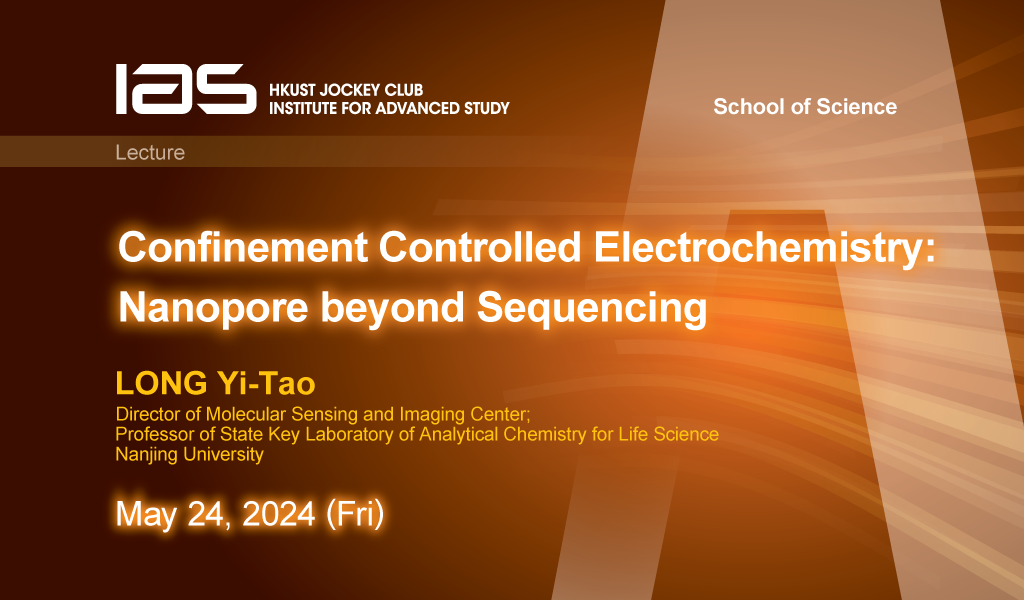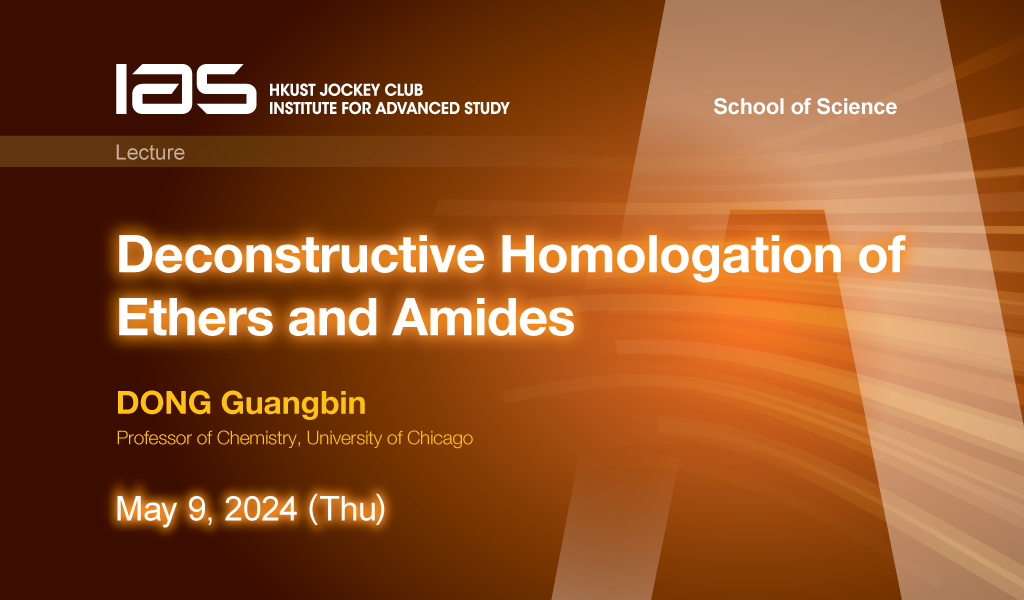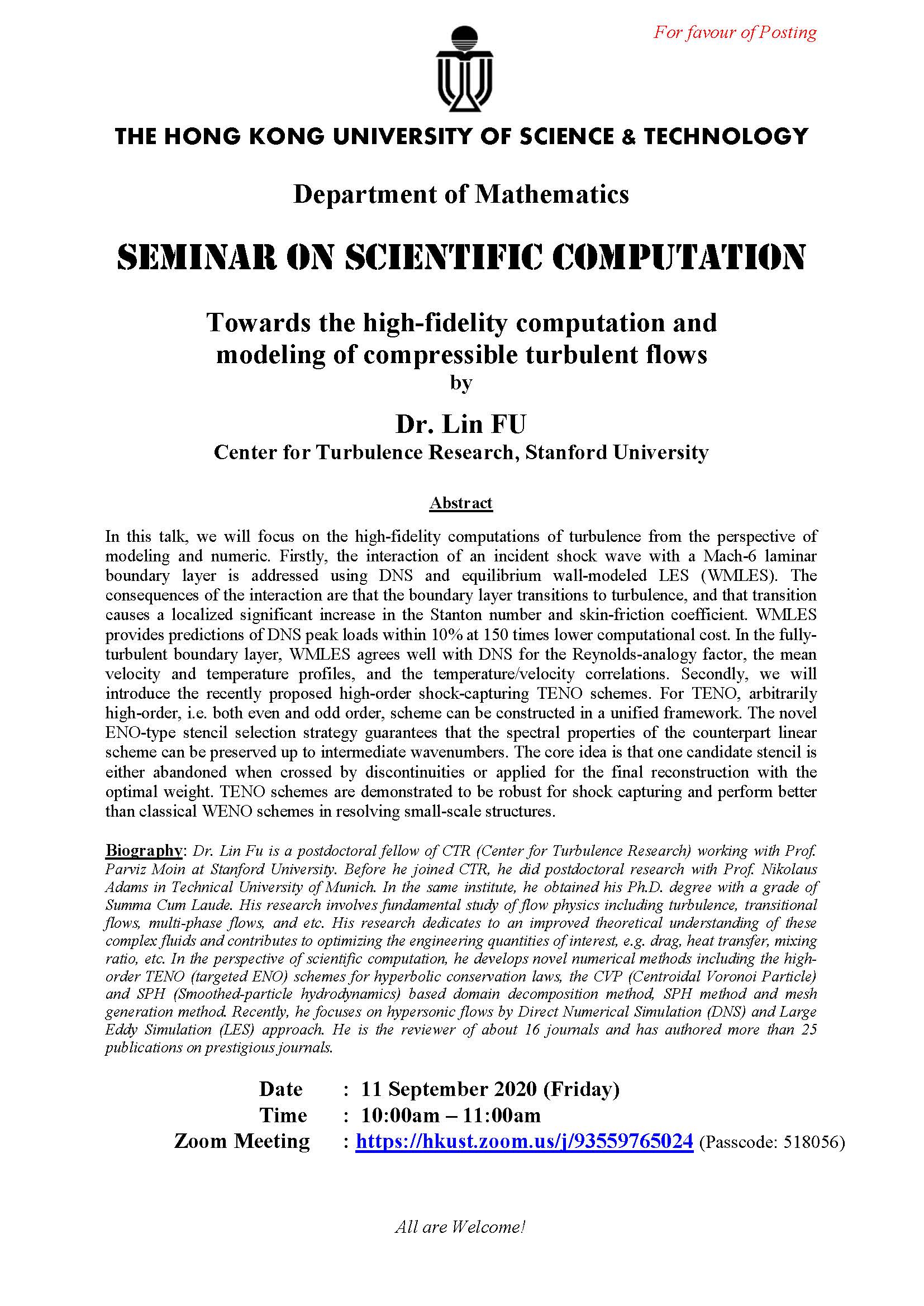In this talk, we will focus on the high-fidelity computations of turbulence from the perspective of modeling and numeric. Firstly, the interaction of an incident shock wave with a Mach-6 laminar boundary layer is addressed using DNS and equilibrium wall-modeled LES (WMLES). The consequences of the interaction are that the boundary layer transitions to turbulence, and that transition causes a localized significant increase in the Stanton number and skin-friction coefficient. WMLES provides predictions of DNS peak loads within 10% at 150 times lower computational cost. In the fully-turbulent boundary layer, WMLES agrees well with DNS for the Reynolds-analogy factor, the mean velocity and temperature profiles, and the temperature/velocity correlations. Secondly, we will introduce the recently proposed high-order shock-capturing TENO schemes. For TENO, arbitrarily high-order, i.e. both even and odd order, scheme can be constructed in a unified framework. The novel ENO-type stencil selection strategy guarantees that the spectral properties of the counterpart linear scheme can be preserved up to intermediate wavenumbers. The core idea is that one candidate stencil is either abandoned when crossed by discontinuities or applied for the final reconstruction with the optimal weight. TENO schemes are demonstrated to be robust for shock capturing and perform better than classical WENO schemes in resolving small-scale structures.
9月11日
10am - 11am

地点
https://hkust.zoom.us/j/93559765024 (Passcode: 518056)
讲者/表演者
Dr. Lin FU
Center for Turbulence Research, Stanford University
Center for Turbulence Research, Stanford University
主办单位
Department of Mathematics
联系方法
付款详情
对象
Alumni, Faculty and Staff, PG Students, UG Students
语言
英语
其他活动

5月24日
研讨会, 演讲, 讲座
IAS / School of Science Joint Lecture - Confinement Controlled Electrochemistry: Nanopore beyond Sequencing
Abstract
Nanopore electrochemistry refers to the promising measurement science based on elaborate pore structures, which offers a well-defined geometric confined space to adopt and characterize sin...

5月9日
研讨会, 演讲, 讲座
IAS / School of Science Joint Lecture – Deconstructive Homologation of Ethers and Amides
Abstract
Preparation of diverse homologs from lead compounds has been a common and important practice in medicinal chemistry. However, homologation of many functional groups, such as ethers an...

